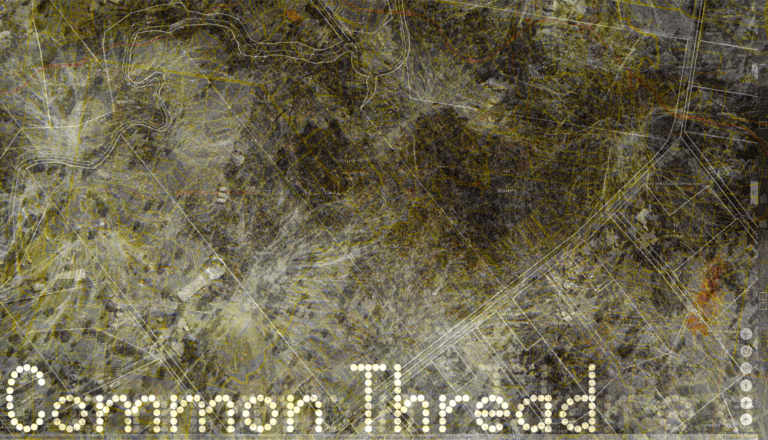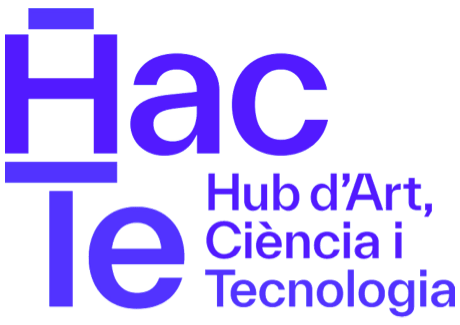'Artworks'
From June 9 to 30
Artwork / Common Thread

- Abstract: Common Thread’ presents slow, mysterious passages through thickly forested landscapes, comprised solely of silver-grey dots and lines; whilst effected sounds of those forests commingle with the distant voices of a myriad species. Set within those uncanny landscapes, indistinct 3D forms enigmatically appear and disappear, collectively evoking richly mysterious, unknowable and extraordinary complexities.
The work arose from my ongoing residency at Samford Ecological Research Facility in Queensland, Australia – a place protecting a remnant block of forest isolated within a patchwork quilt of surrounding farmed land, typifying the perilously fragmented, disconnected state of Australia’s habitats. It is a place active with scientific research of all kinds, much of which aims for better ecological futures – by seeking to predict more ‘efficient’ forms of conservation and production.
Common Thread, is based upon 3D-laser scanned ‘Point Cloud’ imagery of walks through that forest, using a technology that at first glance might appear to capture its complexity. But ‘Nature_Cultures’ cannot be reduced to dots. Almost everything becomes lost in such digital translations – ‘ultra-accurate’ representations in reality devoid of the spirit and meaning of place.
Australia: unceded lands of the oldest continuous culture on earth – a culture in which everyone has personal responsibility to everything – where everyone knows their relationship to trees, rocks, sky, people, animals, plants, water.. How little of this its recent settlers understand – about how to live well within such complexity. And so, Australia’s (stolen) lands have been routinely devastated.
My on-site research examined the cultural meanings of such conservation reserves within rapidly urbanising landscapes, asking – how might we imagine and seek to represent the very different futures we now need to develop together. How might we rebuild our conceptions of Australia’s places to be consultative, infinitely better informed, and with the capacity to profoundly connect settler culture to Country.
- Biography: Keith Armstrong is an experimental artist profoundly motivated by issues of social and ecological justice. His engaged, participative practices provoke audiences to comprehend, envisage and imagine collective pathways towards sustainable futures. He has specialised for over twenty-three years in collaborative, experimental practices with emphasis upon innovative performance forms, site-specific electronic arts, networked interactive installations, alternative interfaces, art-science collaborations and socially and ecologically engaged practices.
Keith’s research asks how insights drawn from scientific and philosophical ecologies can help us to better invent and direct experimental art forms, in the understanding that art practitioners are powerful change agents, provocateurs and social catalysts. Through inventing radical research methodologies and processes he has led and created over sixty major art works and process-based projects, which have been shown extensively in Australia and globally, supported by numerous grants from the public and private sectors. He is also a part time Senior Lecturer at QUT, Brisbane, Australia.
Dataset contributed by Dr. Dmitry Bratanov, Senior Research Engineer (RPAS and Automation), Research Engineering Facility, QUT
Venue
- Recinte Modernista de Sant Pau
Carrer de Sant Antoni Maria Claret, 167, Barcelona
⟵ Return to 'Artworks'





